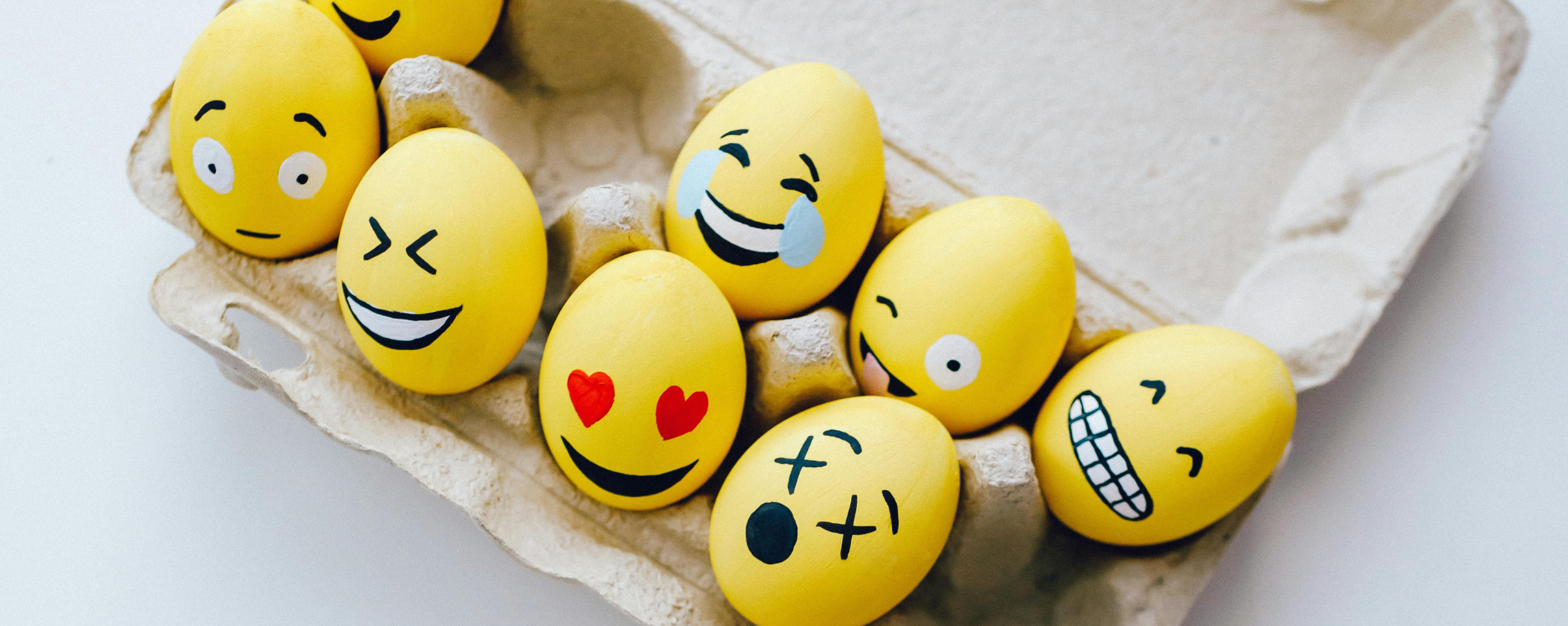These little images and characters used in our electronic conversations to express emotions, represent characters or actions, and enrich our digital communications by making them more lively and dynamic are not always understood in the same way by everyone. Although emojis have general meanings that are widely accepted, their interpretation can vary according to cultural context, personal experience, and even generation.
- Take the smile emoji 🙂, for instance. In many cultures, this emoji is associated with happiness and positivity. However, in China, it can convey distrust or incredulity, particularly among younger generations.
- Similarly, the clapping emoji 👏 can be interpreted as a reference to making love in China, which is quite different from its common use in Western cultures to signify applause or congratulations.
- The OK hand gesture 👌 is generally understood to mean okay or perfect in many cultures. However, in Brazil and in Turkey, this gesture is considered very offensive, equivalent to giving someone the middle finger.
On the other hand, in Japan, this gesture is associated with money, as the circle represents a coin, and therefore signifies wealth, while in France, it is sometimes used to indicate the number zero.

Since the meaning of emojis varies from one culture to another, misunderstandings can arise, especially when emojis are used ambiguously or when cultural contexts differ. Therefore, it's both playful and important to consider and be aware of the meanings of the emojis and emoticons we use.
This is especially true for Jami, which aims to be a secure communication hub, fostering exchanges between different communities and cultures. 🌍
In contrast to other messaging applications, Jami offers a unique feature on your computer. You can easily discern the meaning of each emoji you send directly from your desktop (not available on mobile devices).
Simply navigate to the emoji tab and hover your cursor over any emoji to view its associated meaning.
Similar to other messaging applications, you can search for emojis by typing keywords that characterize them.
You can download the latest version here. Given our recent improvements in reliability, we encourage you to read our latest Dev update #6.








